
Facebook should be applauded for not blocking violent videos
There's a lot of crazy content out there. Social networks fill up with funny footage, music videos, informative clips, and the downright stupid. As with movies, there's also a good deal of graphic content out there too, and some of it finds its way onto Facebook.
In fact, this is one of the complaints that Facebook constantly has to deal with. When people aren’t taking issue with the social network's privacy policy (and trying to make their own amendments to it) there are frequent objections to violent, gory or otherwise offensive videos. Rather than issuing an outright ban and censoring such content, Facebook has adopted a far more sensible, measured approach.
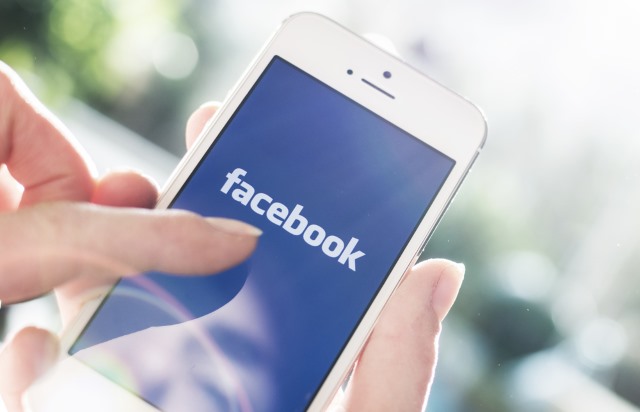
More elders embrace Facebook, adult usage remains consistent
The latest research indicates that Facebook is maintaining strong membership figures despite the rise of rival social networks such as Twitter and LinkedIn.
A study of 1,597 adult Internet users by the Pew Research Centre found that 71 percent were using Facebook, the same amount as in 2013.

Can an 'anonymous' social network using Facebook login ever be trusted?
Despite its unwavering popularity, Facebook continually finds itself under fire for one thing or another. We've had debate about the social network's real names policy, a raft of people thinking they can rewrite the rules, advertising woes, and constant complaints when changes are made to how timelines operate. But one thing crops up time and time again -- people's desire for privacy.
This may seem rather at odds with use of a social network (there's a clue in the name there), but a new contender thinks it has the answer. Social X describes itself as a social platform where users can set up numerous identities, including an anonymous one. There's one problem -- Facebook credentials are used to sign into Social X, and this is undeniably going to be a massive stumbling block.
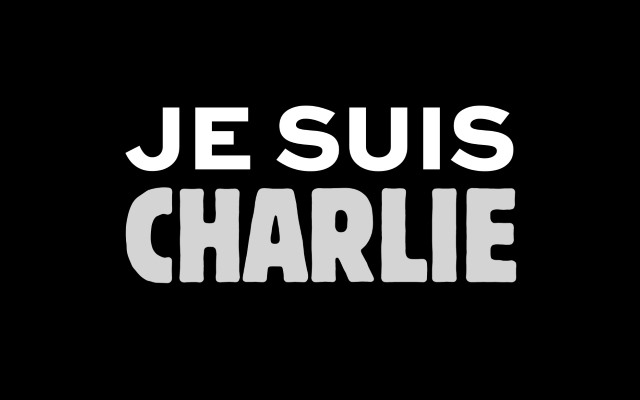
Apple, Google and Facebook lend support and money to Je Suis Charlie campaign
12 people died in an attack on satirical French magazine, Charlie Hebdo on Wednesday. At time of writing, the situation in France is still unfolding, and technology companies have been quick to show their sympathy for the victims whilst voicing support for freedom of speech.
Google has donated €250,000 (around $300,000) to the targeted Charlie Hebdo title, which is expected to increase its print run more than tenfold for the next issue. The #JeSuisCharlie hashtag has spread across the internet like wildfire as people around the world offer support on Twitter, Facebook and other websites.
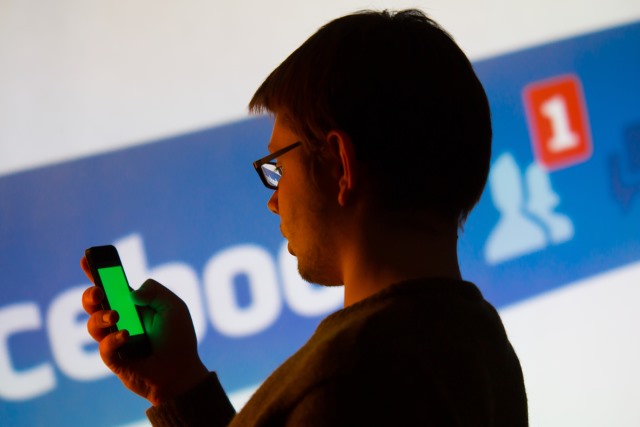
Facebook acquires video compression company QuickFire
Social networks' interest in video show no signs of abating. As talk mounts about a video tool from Twitter, Facebook has acquired video compression startup QuickFire Networks. This acquisition comes just days after the social network acquired speech recognition firm Wit.ai, so 2015 has already been a busy year.
Facebook upset some mobile users by introducing videos that played automatically, and this latest acquisition may go some way to calming those upset by increased data usage. QuickFire boasts using a "proprietary technology that dramatically reduces the bandwidth needed to view video online without degrading video quality".

Stop posting your own Facebook privacy notices -- it's completely pointless and looks silly
It's happening again. Check your Facebook wall and you'll probably find that at least one of your friends has posted a status update indicating that they withdraw the right for Facebook to use the content they've posted to their account. It's written in a pseudo-formal style, and even makes reference to an applicable law. Must be legit, right?
Nope. It's nonsense. Complete and utter twaddle of the most pure and unadulterated kind. By all means post the message to your own wall, but be aware of two things: it will have absolutely no effect on what Facebook is able to do with your information, and it also makes you look a bit silly.
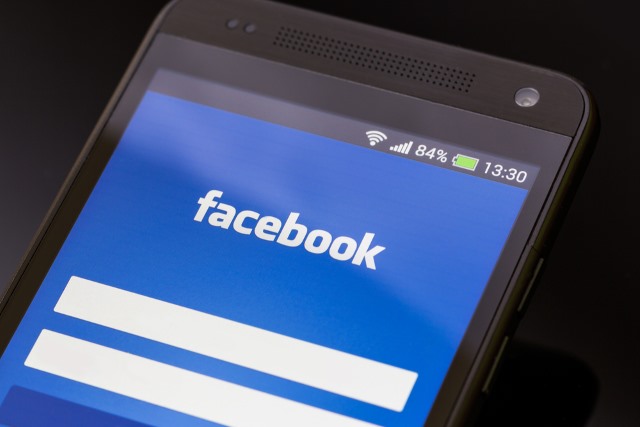
Talking to the wall -- Facebook buys IoT speech recognition firm Wit.ai
Facebook wants to talk your language. The latest step to achieving this sees Mark Zuckerberg's social networking acquiring speech recognition startup Wit.ai. The startup describes itself as providing "Natural Language for the Internet of Things" and has been doing so for just 18 months.
No details have been released about any money that has changed hands, but the plan is for the Wit.ai platform to remain open for developers to work with. The company is heavily involved in the Internet of Things, and was in line to work with Nest before Google took over.

Social networks are simply not important in the workplace
Surveys often reveal facts that are largely common sense, and this is certainly true of a study by the Pew Research Center -- the findings being that is seen as "very important" to workers. Nearly half of the 1,066 people surveyed said internet, email and cell phones made them more productive, while just 7 percent said the opposite was true.
So far, so predictable. But the same study also reveals that just 4 percent of workers feel that social networking sites like Twitter, LinkedIn and Facebook are "very important". These are findings that Facebook would almost certainly disagree with, as would Twitter and LinkedIn, despite reports suggesting that Facebook is valuable to business users.
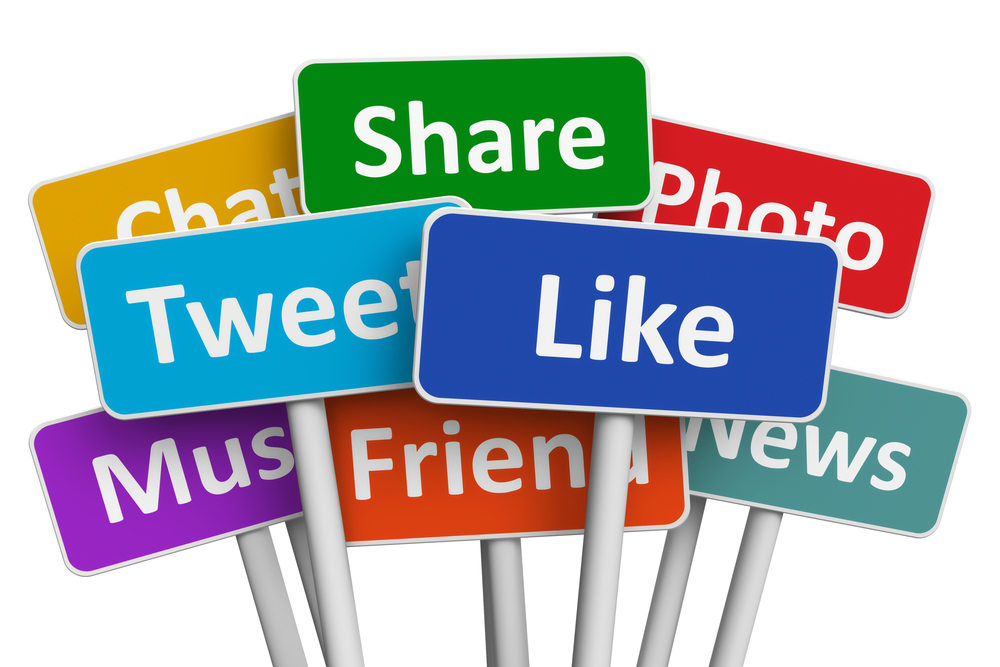
Is Facebook more useful for professionals than LinkedIn?
When the LinkedIn network for professionals launched it was sometimes referred to as social networking for grown ups. But is it really any better than Facebook for business users?
The UK's Brighton School of Business and Management has produced an infographic comparing the relative merits of the two sites and it shows that Facebook may be getting overlooked as a business tool.
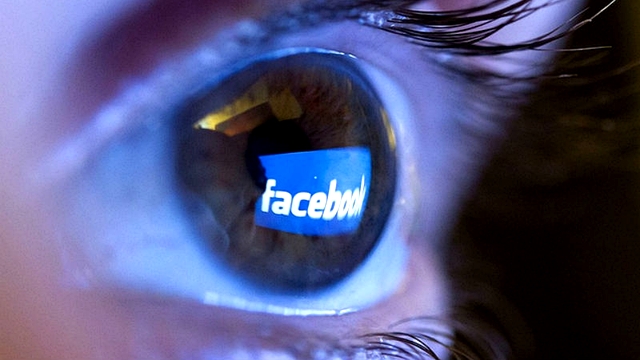
Facebook liars can start losing their grip on reality
If you have a habit of lying on Facebook, you’re only storing up problems for yourself, a new piece of research has concluded.
The new poll has pinned some numbers on a fairly obvious truth, and specifically, found that lying about how great your life is on the social network could induce paranoia and actual memory problems.

Facebook apologizes for miserable, automated Year In Review posts
You must have seen them whilst browsing your Facebook feed, you probably even have one of your own. Facebook took it upon itself to produce a Year In Review post for users, pulling together photos from throughout the year into one delightful, cheery look back at the previous 12 months. But for some people things weren’t quite so cheerful.
The algorithm that was used to collect photos for inclusion in the posts picked out not only photos of the happy family get-togethers, the unforgettable vacations and so on. Some users were distraught to find that some of the bleaker moments from the year had been highlighted in a presentation entitled "It's been a great year!". Now Facebook has apologized for the upset.

Americans are using social media to enhance Chanukkah and Christmas
In the grand scheme of things, America is a very young nation. Still, we Americans have deep-rooted traditions that are carried over from our ancestors of the old-world. This is most apparent during the holidays -- in November and December -- as the country transforms for Christmas and Chanukkah. Even people that aren't of the Christian or Jewish variety are welcome to participate.
Lately however, Americans are using social media to enhance the holidays. In other words, even though old-world traditions like Christmas trees and Menorahs remain, modern services like Twitter and Facebook are being leveraged too. A new survey from Ebates.com shows us how much so.

Twitter could be on the verge of introducing auto-playing video ads
A little over a year ago, Facebook introduced videos that play automatically. If a report from AdWeek is correct, it looks as though others thought that this was a great idea because Twitter is reportedly considering implementing the same feature. As this is a report that appeared in AdWeek, it should be clear that one of the most likely reasons for introducing the feature would be to increase the visibility of ads.
Just as with Facebook, the concern here is that -- as well as being considered by many as an invasion of, if not privacy, then virtual personal space -- it will lead to an unwanted increase in data usage.
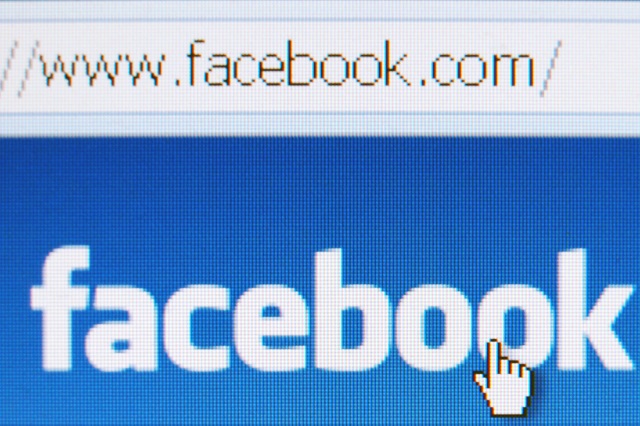
Facebook drops Microsoft's Bing in favor of its own search tool
Bing has been unceremoniously dumped by Facebook. The social network had been using the Microsoft search tool to power its Graph Search platform for some time now, but no longer. While no announcement has been made, Facebook confirmed the news to Reuters.
The lack of official announcement meant that the dropping of Bing was immediately noticed. Facebook does not have a replacement partner in mind -- there is no danger of the social network teaming up with Google -- but will go it alone instead.
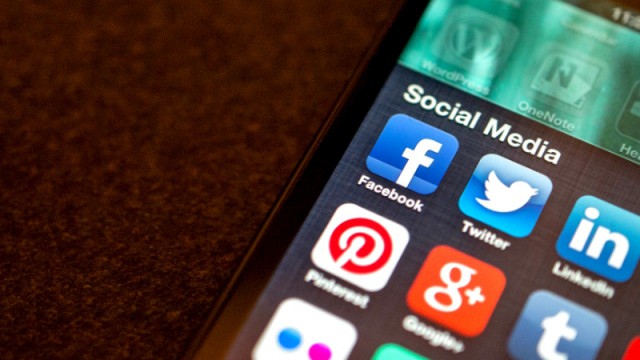
Ofcom finds social network use declining most in the UK
Media regulator Ofcom has found that the use of social networks is on the decline across a number of countries, but most prominently in the UK.
The International Communications Market Report 2014 found that the number of UK weekly visitors to social networks fell from 65 percent to 56 percent between September 2013 and October 2014.
